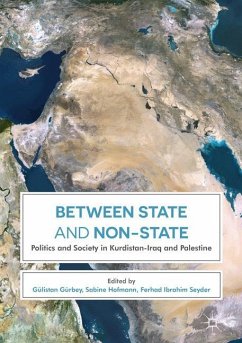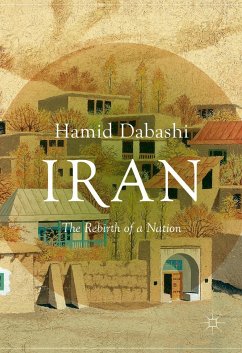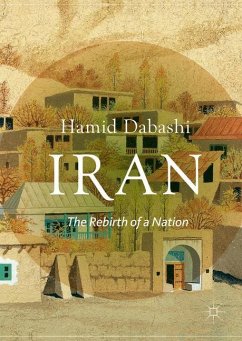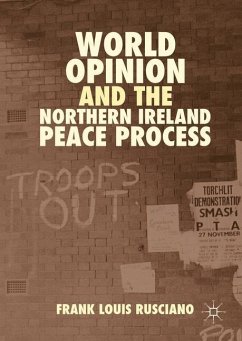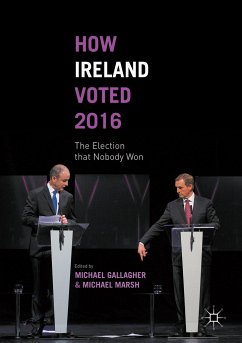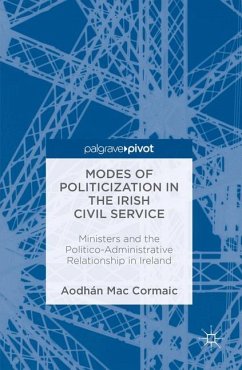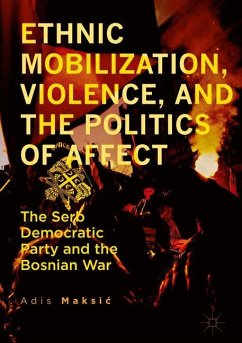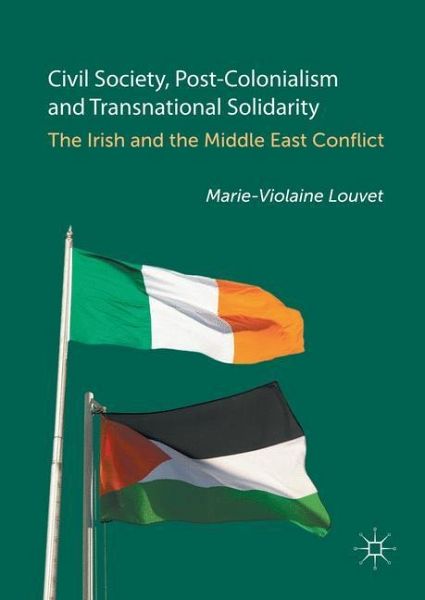
Civil Society, Post-Colonialism and Transnational Solidarity
The Irish and the Middle East Conflict

PAYBACK Punkte
21 °P sammeln!
Civil Society, Post-Colonialism and Transnational Solidarity originates from Louvet's observation of the strong commitment of a layer of Irish civil society- from the man on the street to political parties, associations and trade unions- to the defence of one antagonist or the other in the Israeli-Palestinian conflict, beginning with the Six Day War in 1967 and increasingly so after the Lebanon Wars at the start of the 1980s and the Second Intifada (2000-2005). This book observes how this phenomenon is particularly striking in Northern Ireland, where Israeli and Palestinian flags have been flo...
Civil Society, Post-Colonialism and Transnational Solidarity originates from Louvet's observation of the strong commitment of a layer of Irish civil society- from the man on the street to political parties, associations and trade unions- to the defence of one antagonist or the other in the Israeli-Palestinian conflict, beginning with the Six Day War in 1967 and increasingly so after the Lebanon Wars at the start of the 1980s and the Second Intifada (2000-2005). This book observes how this phenomenon is particularly striking in Northern Ireland, where Israeli and Palestinian flags have been flown by Unionists and Nationalists as signs of solidarity and identification. Louvet sheds light on the dynamics and strategies at play in the Middle East conflict in Northern Ireland but also in the Republic of Ireland, a country considered to be widely sympathetic to the Palestinian cause. With an overarching perspective highlighting the influence of Irish colonial history over the motives and discourse of the different levels of mobilization in civil society, this book shows the global movement towards the fragmentation and specialization of transnational solidarity actions in Ireland.




